Your Guide to Symptoms, Types, & Modern Treatment
Demystifying Hernia
Your Guide to Symptoms, Types, & Modern Treatment
What Exactly Is a Hernia?

Think of your body's muscles and tissues as strong walls that hold everything in place. A hernia occurs when there's a weakness or a hole in one of these walls, allowing an organ or fatty tissue to push through. It often appears as a bulge, especially when you strain, cough, or stand up.
The most common types of hernias include:
- Inguinal Hernia: The most frequent type, occurring in the groin area.
- Umbilical Hernia: Around the belly button.
- Incisional Hernia: Develops at the site of a previous surgical incision.
- Epigastric Hernia: Occurs in the midline between the navel and the breastbone.
- Femoral Hernia: Less common, found in the outer groin/upper thigh, more prevalent in women.
- Hiatal Hernia: Occurs when part of the stomach pushes up through the diaphragm into the chest. (This type often doesn't show a visible bulge).
Recognizing the Signs

While some hernias might not cause any symptoms, many do. Here's what to look out for:
- A visible bulge: This is often the most noticeable sign, especially in the groin or abdominal area. It might become more prominent when coughing, sneezing, or straining, and may disappear when you lie down.
- Pain or discomfort: You might experience a dull ache, a heavy sensation, or sharp pain at the site of the bulge, particularly during activities that put pressure on the area.
- Burning or aching sensation: Some people describe a burning feeling at the hernia site.
- Weakness or pressure: A feeling of weakness or pressure in the affected area.
When to Seek Immediate Medical Attention (Red Flag Symptoms):
If your hernia bulge turns red, purple, or dark, becomes extremely painful, or you experience nausea, vomiting, or difficulty passing gas/stools, seek emergency medical care immediately. These could be signs of an incarcerated or strangulated hernia, a serious complication where the tissue is trapped and its blood supply is cut off.
Expert Hernia Care in Your City
If you're looking for a trusted hospital for hernia treatment, Shri Tirupati Hospital offers advanced and compassionate care in and around the Delhi NCR region. Our experienced surgical team serves patients from:
Ghaziabad
Delhi
Noida
Greater Noida
Indirapuram
Vaishali
Crossing Republic
Raj Nagar Extension
We are committed to providing the best possible care, ensuring you have a smooth journey to recovery. You can find the best doctor for hernia surgery near me at Shri Tirupati Hospital, a name you can trust.
Take the Next Step Towards Relief
Understanding your hernia and what goes into its surgical repair is the first step towards a healthier, more comfortable life. Schedule a consultation or learn more about our cashless surgery options.
Call us at: 0120-2782103, 9873363434
Treatment Options

While some very small, asymptomatic hernias might be monitored, hernia repair surgery is often recommended because hernias generally don't heal on their own. They tend to grow larger over time and can lead to the serious complications mentioned above. Surgery aims to push the bulging tissue back into place and strengthen the weakened muscle wall. The fundamental objective of hernia surgery is to close the defect or weakness in the abdominal wall, thereby preventing the protrusion of internal tissues.
What are the different types of hernia surgery?
There are two primary surgical approaches: open hernia repair and minimally invasive hernia repair.
- Open Hernia Repair: This traditional method involves a single, larger incision made directly over the hernia site. It can be performed under local anesthesia with sedation or general anesthesia.
- Minimally Invasive Hernia Repair (Laparoscopic/Robotic): This approach uses several small incisions, and a small tube with a camera (laparoscope) is used to visualize the internal organs. This procedure generally requires general anesthesia.
| Feature | Open Hernia Repair | Minimally Invasive Repair |
|---|---|---|
| Incision(s) | Single, larger incision | 3-4 small incisions |
| Discomfort/Pain | Discomfort at surgical site, may increase on days 2-3 as local anesthetic wears off. | Less discomfort and scarring; shoulder/chest pain from gas common for up to 36 hours. |
| Scarring | More noticeable scarring | Less scarring |
| Return to Light Activities | Encouraged as soon as possible, within a few days | Encouraged as soon as possible, within a few hours |
| Return to Non-Physical Work | 1-2 weeks | 2-3 days |
| Return to Heavy Lifting (>10 lbs) | 4-6 weeks | 4-6 weeks |
| Suitability | Traditional approach; may be preferred for very large or complex hernias. | Good option for recurrent hernias; suitable for bilateral hernias. |
Preparing for Your Hernia Surgery

Your doctor will give you specific instructions, but here are general points to prepare for your hernia operation:
- Understand the Procedure: Don't hesitate to ask your surgeon to explain the specific type of hernia repair they will perform and what to expect.
- Medication Review: Inform your doctor about ALL medications, supplements, and herbal remedies you are taking. You may need to stop certain medications (like blood thinners) a week or more before surgery.
- Fasting Instructions: You will be instructed not to eat or drink anything for several hours (typically 6-8 hours) before your surgery. Follow these instructions precisely to avoid complications with anesthesia.
- Smoking and Alcohol: If you smoke, try to stop or reduce it significantly before surgery. Smoking can impair healing. Limit alcohol consumption.
- Arrange for Support: Plan for someone to drive you home after surgery and to help you during the initial recovery period, especially with daily tasks.
- Comfortable Clothing: Wear loose, comfortable clothing on the day of surgery.
- Personal Hygiene: You may be asked to shower with a special antiseptic soap the night before or morning of surgery.
- Ask Questions: Write down any questions you have and bring them to your pre-operative appointments. Knowledge is empowering!
Your Hernia Questions Answered
Q1: Do all hernias require surgery?
Not always immediately, but most hernias do eventually require surgery because they generally don't heal on their own and can grow larger, leading to complications. Small, asymptomatic hernias might be monitored, but surgery is usually recommended to prevent future issues.
Q2: Are hernias dangerous if left untreated?
Yes, hernias can be dangerous. If left untreated, they can lead to severe pain and serious complications like incarceration (tissue getting trapped) or strangulation (blood supply cut off), which is a life-threatening emergency.
Q3: What are the main types of hernia surgery?
The two primary types are Open Hernia Repair (single incision) and Minimally Invasive Hernia Repair (multiple small incisions, like laparoscopic or robotic surgery).
Q4: How long does it take to recover from hernia surgery?
Recovery time varies, but generally, most patients can resume light activities within a few days and return to work within 1-2 weeks. Strenuous activities are typically restricted for 4-6 weeks.
Q5: Is hernia surgery safe?
Yes, hernia surgery is generally very safe and is one of the most common surgical procedures performed. While it carries minimal risks, serious complications are rare, and the benefits usually outweigh the small risks.
Q6: Can a hernia come back after surgery?
While uncommon, a hernia recurrence is possible. Using surgical mesh can significantly lower this risk, as can lifestyle factors like maintaining a healthy weight and avoiding heavy straining.
Q7: Are hernia symptoms different for men and women?
While the concept is the same, symptoms can sometimes present differently due to anatomical variations. For instance, inguinal hernias are more common in men with a noticeable bulge, while women might experience more subtle symptoms or pain that can be mistaken for gynecological issues.
Q8. What non-surgical options are available for managing a hernia?
Non-surgical approaches to hernia management primarily aim to alleviate pain and discomfort and to prevent the hernia from protruding further; they do not, however, repair the underlying anatomical defect. These methods serve as temporary measures or complementary strategies, rather than definitive cures. One common temporary measure is the use of a hernia truss or belt. These supportive devices apply external pressure to the hernia site, which helps to keep the protruding tissue contained and can offer symptomatic relief. While a truss may prevent the hernia from "popping out" and potentially avert an emergency, it does not address the root cause of the hernia. Over-the-counter pain medications can also be utilized to manage discomfort. Additionally, individuals may find relief by applying gentle pressure to the hernia site with their hand when performing actions that increase abdominal strain, such as coughing, sneezing, or straining during bowel movements.
Q9: How much does hernia surgery cost in India? Is it covered by insurance?
The exact cost of hernia surgery varies significantly based on the patient's specific condition, the surgical technique employed, and the treatment required. For a more precise estimate, we recommend you visit our hospital for a consultation. At Shri Tirupati Hospital, we provide cashless surgeries for all major Third-Party Administrators (TPAs) and insurance providers, making the process smoother for you.
About Shri Tirupati Hospital, Ghaziabad
Shri Tirupati Hospital is a multi-specialty healthcare center known for compassionate care, skilled doctors, and 24x7 emergency services. We are included in the top 10 hospitals in Ghaziabad and are your trusted partner in health for over 34 years. Our experienced team is equipped to diagnose and treat hernias safely. Early consultation can prevent complications and ensure effective treatment. With the best doctor near me in Ghaziabad, you can be assured of quality care.
TPAs & Insurances for Cashless Services
To make your treatment journey seamless, we offer cashless services with a wide network of insurance providers and Third-Party Administrators (TPAs). Please click to see a list of companies we are partnered with:


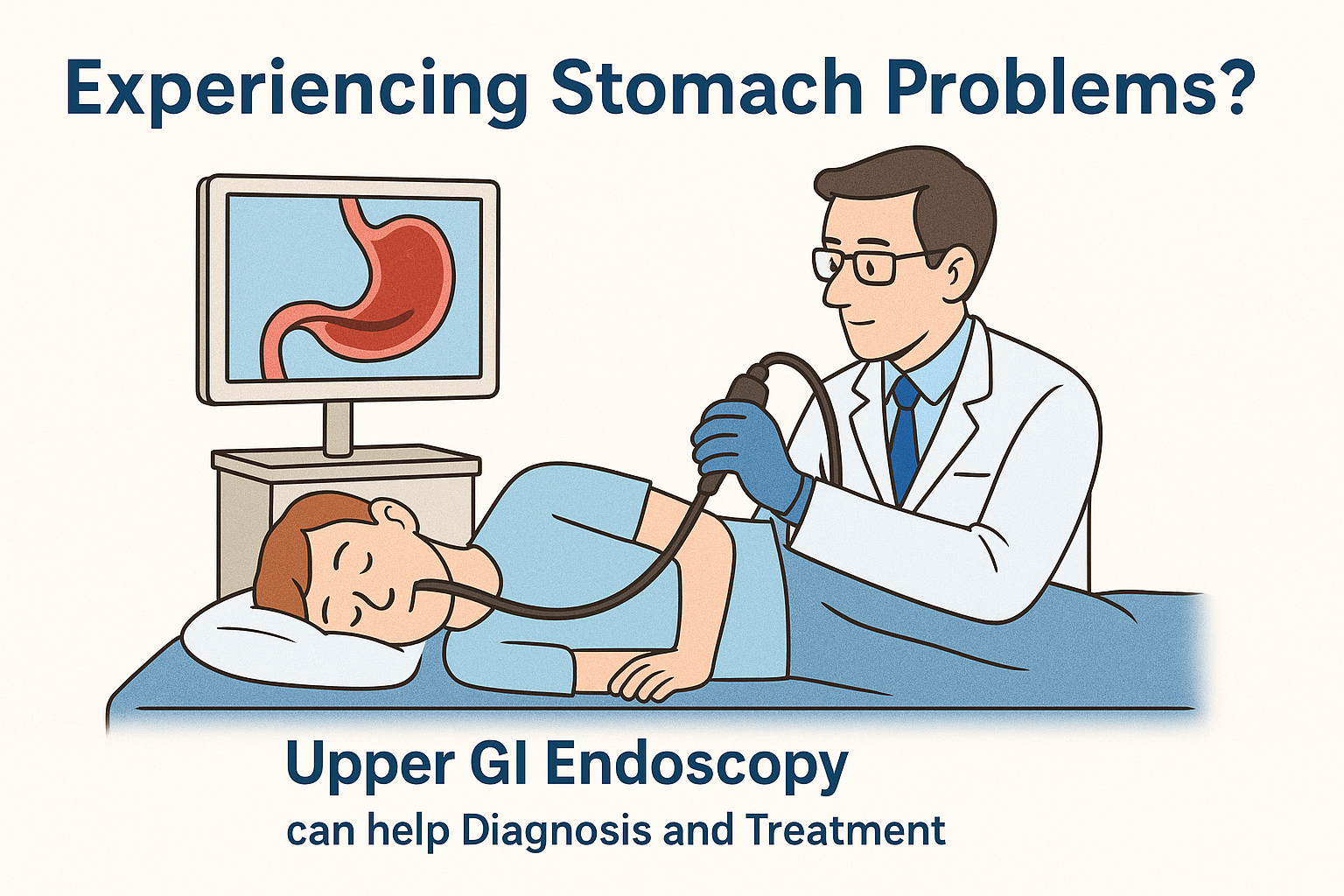

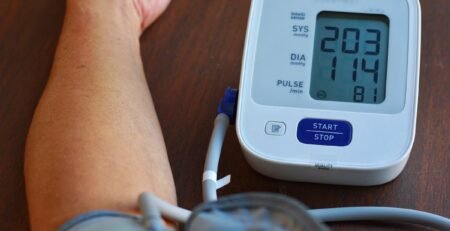
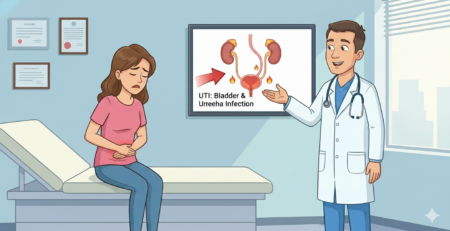

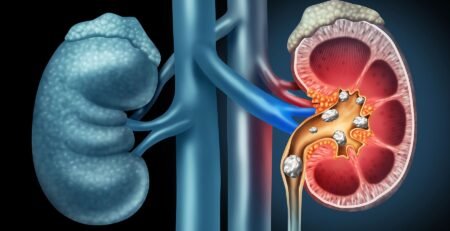

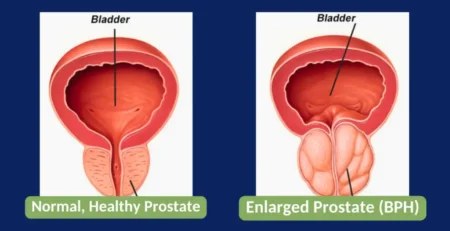

Leave a Reply